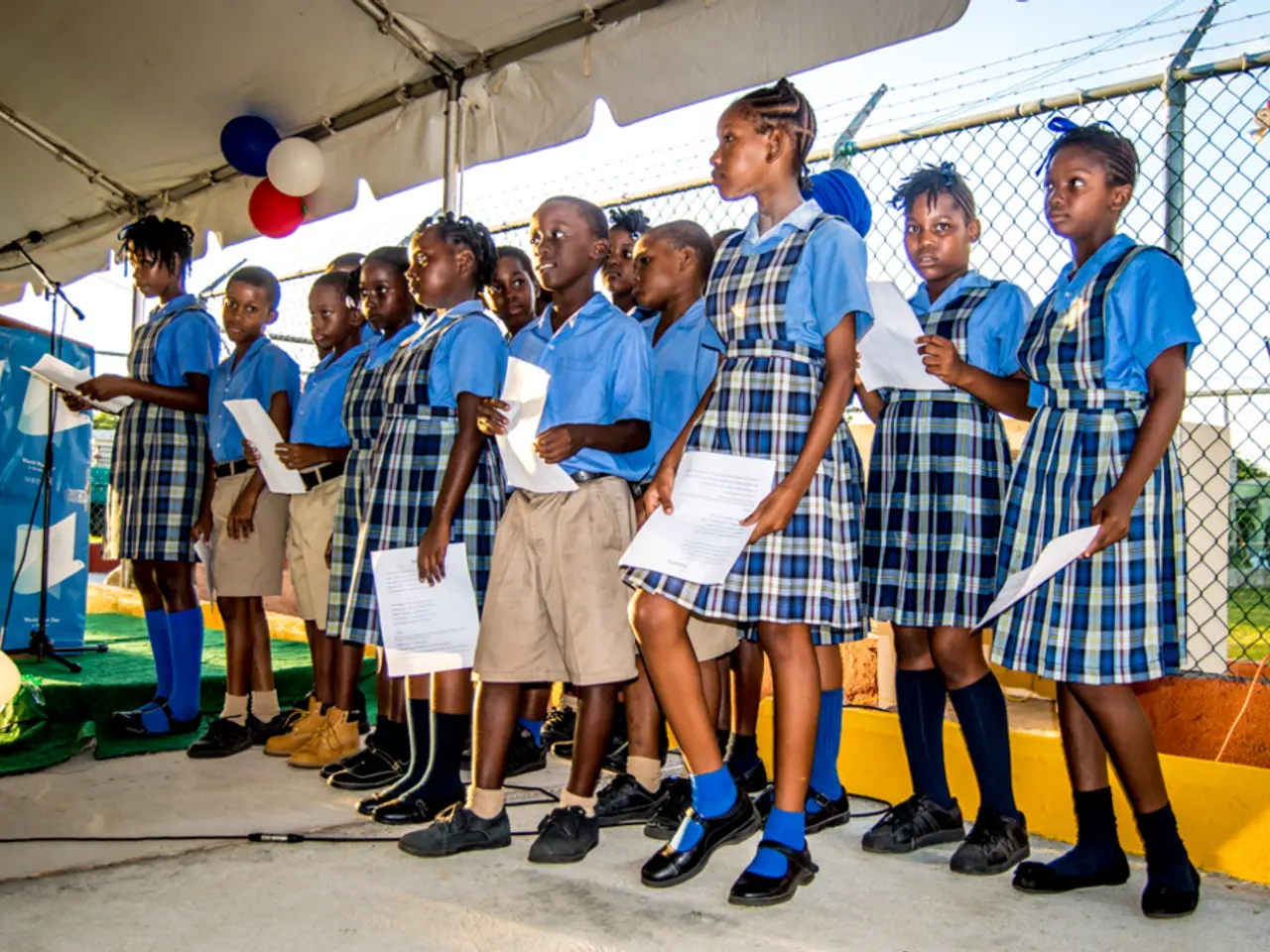Guiding the Vulnerable, Shaping the Next Generation
In April 2020, the University of Rochester was designated as one of a dozen Intellectual and Developmental Disabilities Research Centers (IDDRC) in the United States by the National Institutes of Health (NIH). This recognition marked a significant milestone for the university, setting the stage for groundbreaking research in the field.
Later that year, the University of Rochester's IDDRC and the Mary Cariola Center took on a $4 million project, funded by the NIH Rapid Acceleration of Diagnostics-Underserved Populations (RADx-UP) program. The project aimed to understand how COVID-19 was spreading within the IDD population, a group particularly vulnerable to the virus.
John Foxe, director of the Del Monte Institute for Neuroscience, underscored the importance of in-school attendance for students with IDD, emphasizing their need for intensive sensory interaction, intervention, and socialization. The availability of testing within the school, made possible by the RADx-UP project, led to less missed time due to illness for both staff and students.
Regular Zoom meetings started in 2021 allowed the research team to respond quickly and adapt to the fluidity of studying an evolving virus within a school setting. The data collected by this study could change how organizations respond to airborne viruses in settings that support the IDD community in the future.
The University of Rochester-IDDRC and Mary Cariola Center partnership allowed for onsite and mobile COVID testing in schools, alleviating the burden on staff and students. A group of scientists, including a neuroscientist, virologist, and nephrologist, formed an unlikely team to navigate the COVID-19 pandemic in schools.
Steve Dewhurst, vice dean of research at the Medical Center and co-principal investigator of the RADx-UP study, highlighted the importance of mutual respect and trust in the partnership between the University and the Mary Cariola Center. Ann Dozier, chair of Public Health Sciences, co-investigator, and lead of community engagement for the project, emphasized the translational nature of the study and the weekly meetings that facilitated real-time discussions and adjustments.
The University of Rochester's RADx-UP project, led by Martin Zand, collected antibody levels within the school community to understand immunity progression and changes. The models created by Zand and Seplaki informed school officials on how to lessen the burden of a respiratory disease in the school environment.
Karen Zandi, president and CEO of the Mary Cariola Center, highlighted the vital availability of testing and immediate results, which eased some burdens for staff and parents who wondered if they should or could send their child to school. A non-vaccinated person with an IDD is four times more likely to contract COVID-19 and eight times more likely to die from the virus than someone without an IDD, according to the NIH.
The team is working on publishing observations and data from the study to provide substantive information to help keep the vulnerable IDD population safe. This collaborative effort between the University of Rochester and the Mary Cariola Center serves as a model for how institutions can work together to protect and support vulnerable populations during a global health crisis.
Researchers at the University of Rochester, in collaboration with the Mary Cariola Center, are actively involved in a health-and-wellness project, funded by the NIH Rapid Acceleration of Diagnostics-Underserved Populations (RADx-UP) program, focusing on medical-conditions such as COVID-19 within the intellectual and developmental disabilities (IDD) population. This education-and-self-development initiative aims to change how organizations respond to airborne viruses in settings that support the IDD community, ensuring a safer environment for this vulnerable group.




